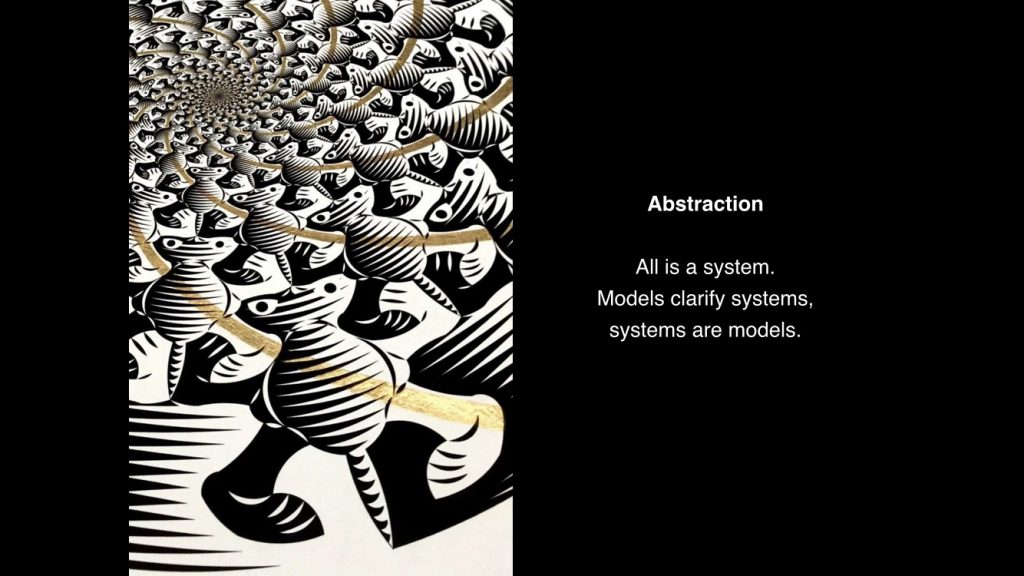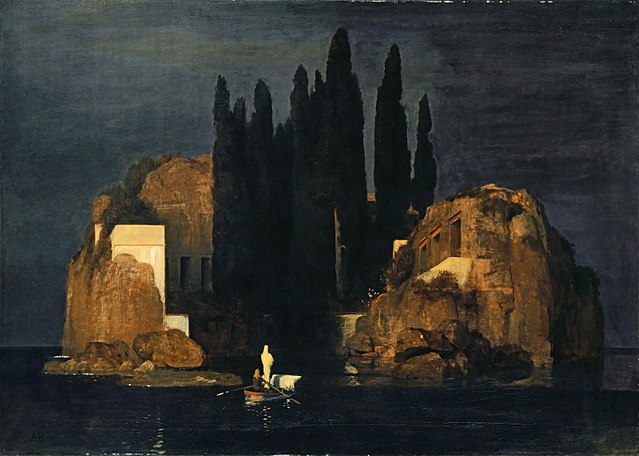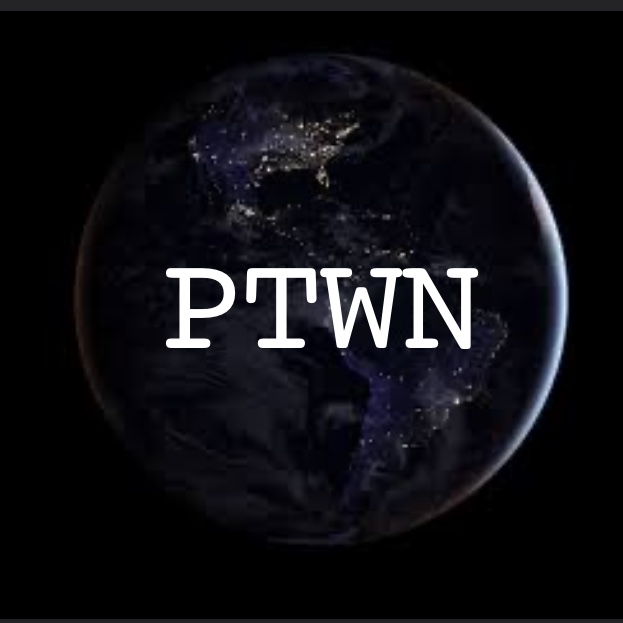An editorial plea to our fellow American citizens to recognize a most grievous atrocity committed in our name .
A tragic comedy of errors is unfolding and the U.S. citizen is the punchline. After twenty years of war and occupation, the total cost in lives of the war in Afghanistan (as of April 2021) is 2,448 American Service Members and 3,836 U.S. contractors (as reported by the AP and using data gathered by Harvard University’s Kennedy School and from the Brown University.)
The capital costs, based on official data as reported by the BBC is an estimated $822bn (spent between 2001 and 2019). This estimate does not include expenses accrued in Pakistan, which the U.S. used as a base of operations during the Afghan-conflict.
And what did the U.S. secure after all this? “Guarantees and enforcement mechanisms that will prevent the use of the soil of Afghanistan by any group or individual against the security of the United States and its allies.” A grantee secured from an organization that the US does not even recognize. The ceasefire agreement refers to the other party simply as “the Islamic Emirate of Afghanistan which is not recognized by the United States as a state and is known as the Taliban.”
The U.S. tax payer will be paying for this “war” for generations to come, receiving in return a guarantee from an organization we do not recognize and are told not to trust. Does this seem right to you? More glaringly, American families paid the ultimate price, the lives of loved ones they will never see again.
According to the Council of Foreign Relations “The [Taliban] has withstood counterinsurgency operations from the world’s most powerful security alliance, the North Atlantic Treaty Organization (NATO), and three U.S. administrations in a war that has killed more than 6,000 U.S. troops and contractors”
After all that, it estimated that the Taliban, has between fifty-eight thousand to one-hundred thousand full-time fighters and that it is stronger now than at any point in the last twenty years. Add to that, the United Nations recently reported that the Taliban still maintains a strong alliance with al-Qaeda.
The UN further reports the Taliban still receives resources and training from al-Qaeda in exchange for protection. An estimated two hundred to five hundred al-Qaeda fighters are thought to be in Afghanistan with leaders believed to be based in regions along the Afghanistan-Pakistan border.
As of this writing, the Taliban have retaken most of, and are on the verge of securing all of Afghanistan, with the terms of the ceasefire all but broken. The Taliban are stronger now than when NATO invaded.
One need look no further as to the comedy in this tragedy then to read reports concerning the Taliban’s capture of the Kunduz Airport this week. It is reported that upon overrunning the airport the Taliban seized billions of dollars in U.S. military equipment including MaxPro Mine-Resistant Ambush Protected (MRAP) vehicles, ScanEagle drones and Humvees. U.S. tax dollars just went toward supplying the Taliban and possibly al-Qaeda with state of the art military equipment.
Was it all worth it?
In future essays we hope to explore that question along with several others. How did we get here? What were the true costs (sunk costs and ongoing future costs) of the war? What are the geopolitical ramifications? What will come of Afghanistan?
From Veitnow
by Rage Against the Machine
”Terror's tha product ya push
Well I'm a truth addict, oh shit I gotta headrush
Tha sheep tremble an here come tha votes“






